/fb0a893e-e163-4cc3-a72a-5286b35b5a3c.png)
GDPR Information Assets Data Privacy Log For Disposal
Review Rating Score
The disposal of personal data processing activities is a new legal requirement under the EU GDPR (General Data Protection Regulation). Storing and disposing of such information shows good data governance, and therefore this will help you to demonstrate your efforts in order to become compliant with the GDPR.
How to deal with the administration of Information Assets Data Privacy Log for Disposal according to the GDPR?
Creating a procedure to deal with the disposal of personal data of EU citizens is an important requirement according to the GDPR. Many consider this an important improvement in data privacy rules and regulations. It is created because many organizations store personal data of European citizens, and use them to their advantage, without paying tax over such assets. Disposal of data that is not used within the company, needs to be organized in a way that it will be done safely and according to all the regulations.
Demonstrate your efforts in order to become compliant with the GDPR. Check out this GDPR Data Privacy Log of Information Assets For Disposal if your organization collects personal data directly from EU Citizens, or do a quick gap analysis and check out this overview of mandatory documents required by the GDPR or GDPR Document Kit.
What is GDPR?
The EU General Data Protection Regulation came into place in 2018. The regulation, which replaces the 1995 Data Protection Directive, makes changes to the way data is handled and processed in the EU. It is a legal framework that sets the exact guidelines for the collection and processing of personal information from any individuals who live in the EU.
Why GDPR is important for companies outside the EU?
First of all, GDPR isn’t exclusively enforceable on EU-based companies. The regulation affects organizations both inside and outside of the European Union (EU). Any organization dealing with EU businesses, residents, or citizens’ data will have to comply with the GDPR! The regulations make it very clear that all organizations handling such data will be required to comply, regardless of location or jurisdiction.
Since the Regulation applies regardless of where the organization is based, you will also need to ensure your website is GDPR proof if that website attracts European visitors, even if you don't specifically market goods and/or services to EU citizen.
Articles 12, 13, and 14 of the GDPR provide detailed instructions on how to create a privacy notice, placing an emphasis on making them easy to understand and accessible. If you are collecting data directly from someone, you have to provide them with your privacy notice at the moment you do so.
Note that the terms “privacy notice” and “privacy policy” do not actually appear in the text of the GDPR and are essentially interchangeable. The guidelines explained in this article apply to any public documents in which your organization describes its data processing activities to customers and the public.
If an organization is collecting information from an individual directly, it must include the following information in its privacy notice, such as the identity and contact details of the organization, its representative, and its Data Protection Officer (DPO). According to the GDPR, organizations must provide people with a privacy notice that is:
- In a concise, transparent, intelligible, and easily accessible form
- Written in clear and plain language, particularly for any information addressed specifically to a child
- Delivered in a timely manner
- Provided free of charge
The GDPR also stipulates what information an organization must share in a privacy notice. There is a slight variation in requirements depending on whether an organization collects its data directly from an individual or receives it as a third party. Whether the provision of personal data is part of a statutory or contractual requirement or obligation and the possible consequences of failing to provide the personal data.
Per Article 14(3), if you obtain personal data from a third party, you must communicate the above information to the data subject either: no later than one month after you have obtained the data, at the time you first communicate with the data subject, or before sharing the data with another organization.
Is the template content above helpful?
Thanks for letting us know!
Reviews
Marquis Hatfield(12/10/2020) - NZL
In my opinion a very good file.
Samual Wolfe(12/10/2020) - GBR
Sublime document from your webiste sir
Eugena Castro(12/10/2020) - AUS
Useful for our company
Estella Bennett(12/10/2020) - DEU
I'm very busy, and this is very helpful
Renda Franklin(11/30/2020) - USA
Thank you for this work
Author. Content was provided by:
Elizabeth Davis
Elizabeth is from the sunny desert city of Phoenix, Arizona. She is thrilled to connect with professionals and like-minded individuals who share a passion for social technologies, content creation, and the exciting possibilities that AI brings to the world of social media. Her hobbies are hiking, climbing, and horse riding. Elizabeth has a master's degree in Social Technologies that she received at the ASU (Arizona State University). As a freelancer, she mostly contributes content related to IT. This includes articles on templates and forms provided by our community.
Follow Elizabeth
Last modified
Delivery Instant Download
Your file will be available for download once payment is confirmed. Here's how.
Our Latest Blog
- The Importance of Vehicle Inspections in Rent-to-Own Car Agreements
- Setting Up Your E-mail Marketing for Your Business: The Blueprint to Skyrocketing Engagement and Sales
- The Power of Document Templates: Enhancing Efficiency and Streamlining Workflows
- Writing a Great Resume: Tips from a Professional Resume Writer
Template Tags
Need help?
We are standing by to assist you. Please keep in mind we are not licensed attorneys and cannot address any legal related questions.
-
Chat
Online - Email
Send a message
You May Also Like
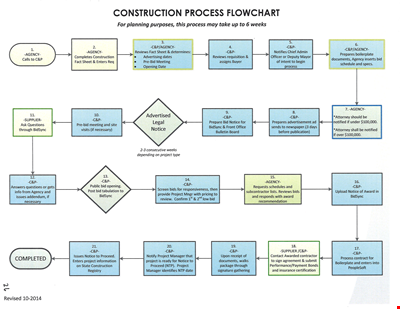
Create Professional Project Flow Charts with our Free Template
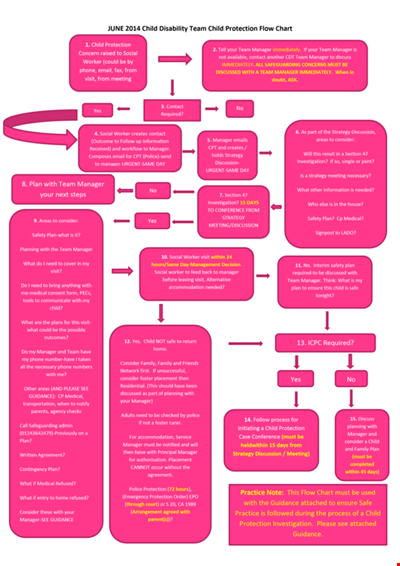
Social Event Flow Chart Template - Plan, Organize, and Execute Memorable Events
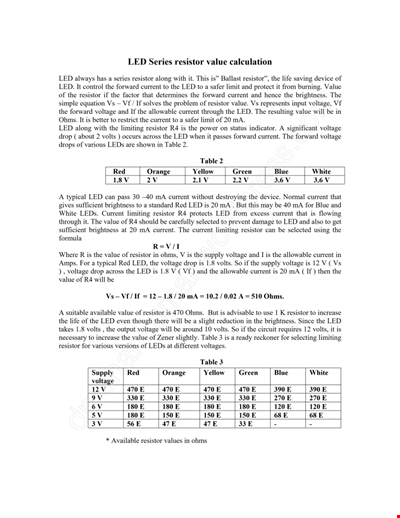
Calculation Resistor Value Chart For Led

Reward Template for Kids | Printable Behavior Chart & Chore Chart

Organizational Chart Template, Editable Org Chart, Free Download

Minecraft Birthday Banner - Buy Customizable Party Decorations

Personal Food Calorie Chart

Family Tree Chart For Kids
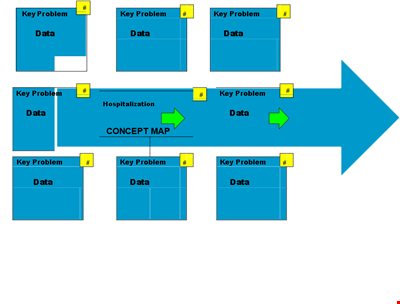
Create Organized Concepts with Our Concept Map Template - Solve Problems & Analyze Reasons
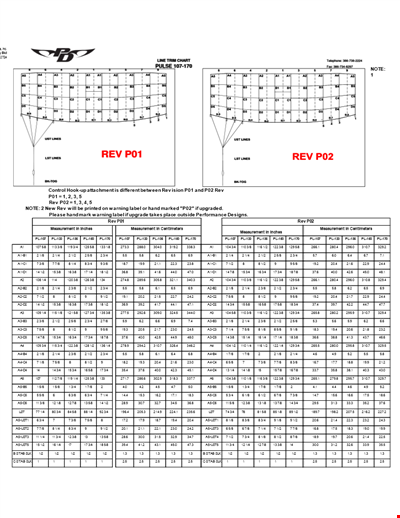
Find the Ideal Pulse Rate with Our Chord Tool
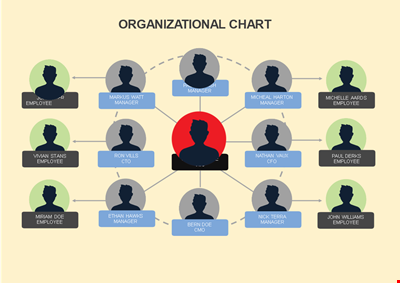
Org Chart Template Word
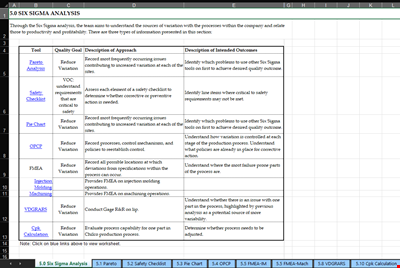
Understand and Reduce Process Variation with a Pareto Chart
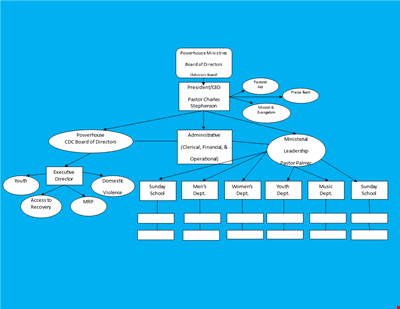
Create an Organizational Chart Template - Easily Visualize Your Company Hierarchy

Free Vintage Family Tree Template
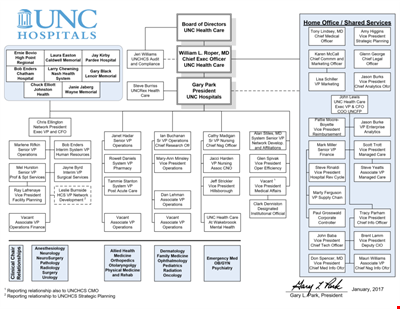
Large Hospital Organizational Chart Template - Download Now
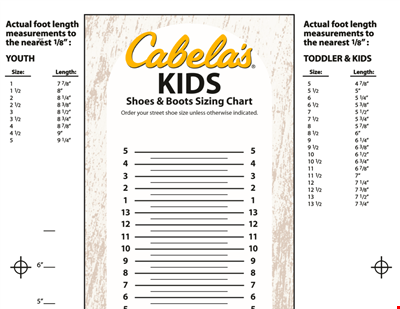
Printable Shoe Size Chart for Kids: Find the Perfect Fit for Your Little Ones
